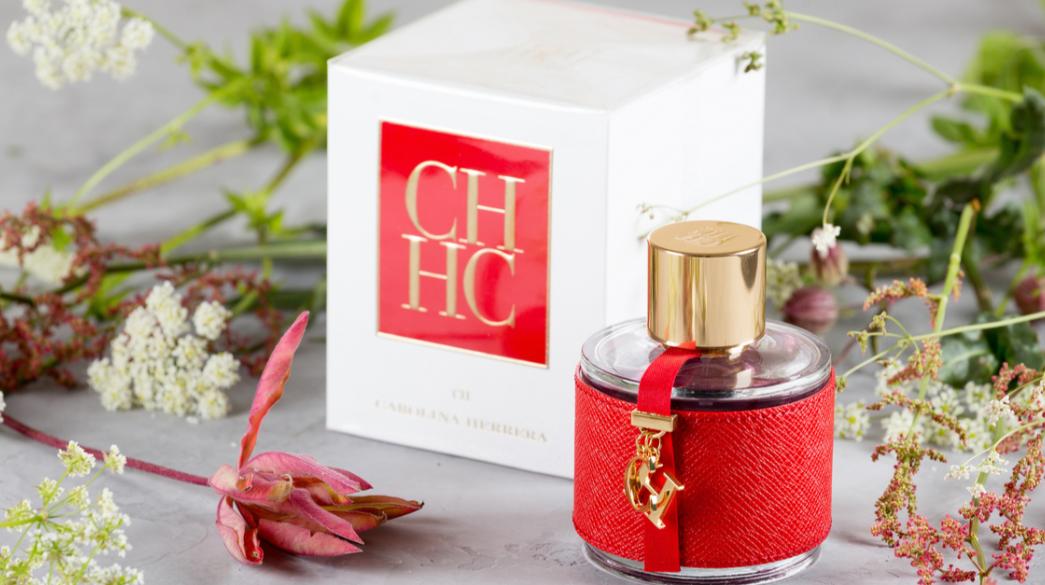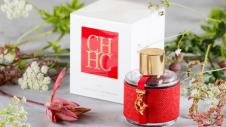In a bid to reach sales of three billion euros by 2023, Spanish cosmetics and perfume group Puig, which acquired at the beginning of the year Greek natural cosmetics company Apivita, has restructured its individual business units.
The pandemic has clearly affected the Spanish group’s business, with sales estimated to slightly exceed 2 billion euros this year, after declining by almost 25 percent in 2020 to 1.5 billion euros. In 2019, Puig's turnover hit 2 billion euros, reaching a record high, while profit after tax amounted to 226 million euros.
Now, 3 billion euros is the main target for 2023 and 4 billion euros for 2025. At the same time, China is emerging as a key market for the Spanish group, as it is expected to contribute 25 percent of total turnover, while the digital channel is estimated to contribute 30 percent of total sales within the next four years.
Seeing already significant growth prospects in particular brands, the group is creating three sub-divisions: "Beauty & Fashion", "Derma" (which includes Apivita, among others) and "Charlotte Tilbury". At the heart of the need to redefine its strategy, Puig places the latest developments in the international cosmetics market that are not performing that well.
As a result, some major partnerships have either been completed and will not be renewed, or will be wound up, such as partnerships with Prada and Valentino.
Incorporating Apivita, Uriage and Isdin into the Derma division, Puig has become the third largest European dermocosmetic group, after Pierre Fabre and L’Oreal, with two brands in the top 10 that are available at pharmacies. It is recalled that the founder of Apivita, Nikos Koutsianas, sold at the end of 2020 the minority stake he owned, handing over the reins of the pioneering Greek company to Manuel Puig, now chairman of the board of Apivita and vice president of the Spanish group, who has held a majority stake in the company since 2017.
Following market trends, Puig sees significant growth prospects for some niche brands, such as Penhalligon’s and L’ Artisan Parfumeur, which it recently acquired and intends to invest in. These brands, along with the privately owned Paco Rabanne, Carolina Herrera, Jean Paul Gaultier, NIna Ricci and Dries Van Noten, as well as brands that the Spanish group develops through licensing, are included in the Fashion & Beauty section. Following this, Puig emerges internationally in the fifth largest group among prestige perfume producersm with a market share estimated to reach 10%.
Finally, the Charlotte Tilbury division will feature the line of cosmetics and makeup under that name, in which Puig acquired a majority stake last June, seeing significant growth prospects with the signature of the leading British make-up artist.
Underscoring its commitment to the market for prestige and pandemic fragrances, the company has developed specialized software called Ailice to help consumers choose the fragrance that suits them without trying it on their skin.
By scanning with a smartphone the special QR code that is on the packaging of the perfume customers receive all the information about its composition and basic ingredients. This innovative technology is already available in all Penhaligon’s perfume boutiques in Britain and Asia and responds directly to the challenges of the post-covid era.
It is noted that perfumes with the signature of Paco Rabanne and Carolina Herrera realize annual sales of 1 billion euros each, while Apivita together with other brands such as Christian Louboutin, Jean Paul Gaultier and Penhaligon's realize sales that range between 100 million. and 500 million euros per a year, figures that almost discount more positive performance in the coming years. Finally, Puig aims to further strengthen its position in new companies in which it has recently acquired minority stakes, with the Colombian Loto del Sur and the Indian Kama Ayurveda, further enriching the international "ecosystem" of independent entrepreneurs it has supported in recent years.




